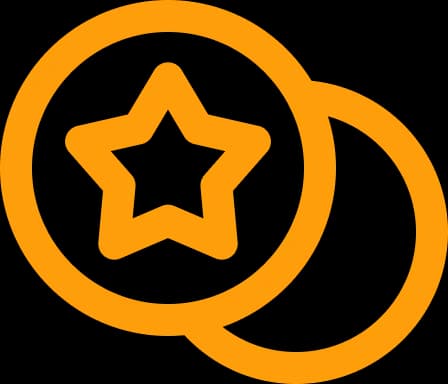Holiday Special | Enjoy 20% OFF – Celebrate the Season with Big Savings!Holiday Special | 20% OFF!

CSPO CAreer path
Enrolled
Earning a Certified Scrum Product Owner (CSPO) certification can unlock powerful career growth opportunities in the Agile and product management domain. This page gives you a clear, practical view of what your career progression can look like after completing CSPO Certification Training from your first role to senior leadership positions. The CSPO certification isn’t just a credential; it’s a gateway to leadership in product management and Agile environments. Below is the typical career ladder professionals follow after completing their CSPO Certification Training at NevoLearn. The CSPO Certification Training empowers professionals to: Lead product strategy and roadmap planning. Collaborate effectively with cross-functional Agile teams. Prioritize features based on customer and business value. Communicate clearly with stakeholders using data-driven insights. Build leadership confidence through real-world Agile simulations. This training builds the mindset and practical skills that hiring managers look for in top-tier product roles. Industry-Driven Curriculum: Learn from certified Scrum experts with real-world product experience. Career-Oriented Approach: Focused modules aligned with job transitions and promotions. Practical Exposure: Hands-on exercises on backlog management and stakeholder communication. Placement Support: Resume workshops, mock interviews, and job assistance with partner firms. NevoLearn ensures your CSPO journey is not just about certification—it’s about career acceleration. 1. What is the career path after CSPO Certification Training? 2. How does CSPO certification help in career growth? 3. What salary can I expect after completing CSPO Certification? 4. Who can pursue CSPO Certification Training? 5. Does NevoLearn provide career support after CSPO Certification?1. Career Progression After CSPO Certification
2. How CSPO Certification Accelerates Career Growth
3. Career Growth Timeline
4. Why Choose NevoLearn for CSPO Training
FAQs
After earning a CSPO certification, professionals typically grow from Business Analyst to Product Owner and ultimately to Product Manager or leadership roles.
It builds essential Agile and product management skills that accelerate promotions and expand career opportunities in multiple industries.
CSPO-certified professionals typically earn between $60,000 to $160,000 annually, depending on experience and job role.
Anyone involved in Agile product delivery—such as Business Analysts, Project Managers, and Product Owners—can benefit from CSPO training.
Yes. NevoLearn offers career mentoring, resume building, and placement assistance to help learners advance into higher product roles.
CSPO Certification Overview
Key Features







Who All Can Attend This CSPO Certification?
The following all roles/designations can attend this coursePrerequisites To Take CSPO Certification Training
There are no prerequisites to take the CSPO® training. However, having solid knowledge and understanding of Scrum help candidates to learn effectively about the Product Owner’s role.

- Upskill or reskill your teams
- Immersive Learning Experiences
- Private cohorts available
- Advanced Learner Analytics
- Skills assessment & benchmarking
- Platform integration capabilities
- Dedicated Success Managers

- Upskill or reskill your teams
- Immersive Learning Experiences
- Private cohorts available
- Advanced Learner Analytics

Play Intro Video
Next Cohort starts in 2 days
The Product Owner is one of the key roles in a Scrum project and responsible for maximizing the value of the products created by a Scrum Development Team. Businesses of almost every category hire CSPO professionals on a large scale. Companies hire great Product Owners to drive business growth by delivering great customer experiences and maximizing the ROI. Gaining the core Scrum knowledge and learning the in-demand Scrum and leadership skills help you to assure a career with numerous growth opportunities.

High Demand for CSPO Certification Training
Soaring Demand and Accelerated Growth
Defines and prioritizes the product backlog to maximize value
Works closely with stakeholders to align business goals with product development
Collaborates with Scrum teams to deliver high-impact features
$100k
$110k
$125k
$130k
$140k


Skills Focused
- Fundamentals of the Product Owner Role
- Working with Stakeholders
- Product Ownership with Multiple Teams
- Product vision
- Product planning and forecasting
- Planning a product release
- Performing discovery and validation work
- Approach for segmenting customers and users
- The technique to prioritize conflicting customer needs
- Product discovery and successful product outcomes
- Approaches to connect the Development Team directly to customers and users
- Benefits of Development Team direct interactions.
- Performing discovery and validation work
- Approach for segmenting customers and users
- The technique to prioritize conflicting customer needs
- Product discovery and successful product outcomes
- Approaches to connect the Development Team directly to customers and users
- Benefits of Development Team direct interactions.
Career Path
Certification Process


